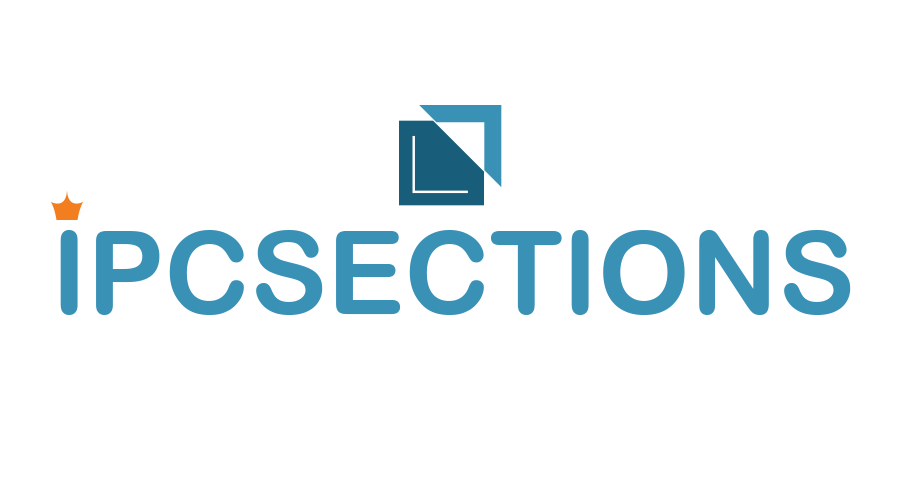Every worker deserves to feel safe, valued, and respected in the workplace. But when discrimination creeps in, it can erode confidence, job satisfaction, and even mental health. Thankfully, legal protections exist to fight against unfair treatment. Understanding your rights is the first step toward empowerment. Employment discrimination law is a powerful tool designed to protect individuals from workplace injustice based on race, gender, age, religion, disability, and more.
Understanding the Scope of Employment Discrimination Law
Employment discrimination law refers to federal and state regulations that make it illegal for employers to treat workers unfairly based on protected characteristics. These include Title VII of the Civil Rights Act, the Americans with Disabilities Act, the Age Discrimination in Employment Act, and others.
This area of law gives employees the legal ground to challenge behavior or policies that disproportionately harm or exclude people based on who they are. Whether the discrimination is overt or subtle, intentional or systemic, the employment discrimination law is designed to bring justice to the workplace. Much like how updated domestic heating products are designed to eliminate inefficiencies and promote comfort, legal protections aim to create fair and balanced environments for everyone.
Legal Protections Start From Day One
From the moment you apply for a job, you’re covered by employment discrimination law. Employers can’t reject your application solely because of your age, religion, ethnicity, gender identity, or disability. If they do, and you can prove it, you may have a claim. These protections also apply during interviews, probation periods, and any pre-employment assessments.
The law is proactive. It doesn’t require someone to already be hired to matter. That means even job seekers can fight back against biased hiring practices.
Fair Pay and Promotions Are Protected Rights
Employees are entitled to equal pay for equal work. Employment discrimination law mandates that employers offer compensation and advancement opportunities based on skill and performance—not gender, race, or any other protected status. If two people with similar experience and responsibilities receive drastically different pay without a justifiable reason, that could be illegal.
Promotions are another area where bias often shows up. If you’re constantly passed over for advancement while others with less experience move ahead, and there’s a pattern tied to race or sex, the law gives you recourse.
Workplace Harassment Is a Form of Discrimination
No one should feel intimidated or humiliated at work. Harassment—whether sexual, racial, or otherwise—is one of the most recognizable forms of employment discrimination. The law defines harassment as unwanted conduct based on a protected characteristic that creates a hostile or offensive work environment.
This doesn’t just apply to employers. Coworkers, clients, and even customers can be held accountable. And your employer has a legal obligation to investigate and act once they’re aware of the issue.
Retaliation for Speaking Up Is Illegal
Many people stay silent because they fear the consequences of reporting discrimination. But retaliation is also covered under employment discrimination law. That means your employer cannot legally demote, fire, or penalize you for filing a complaint, participating in an investigation, or even supporting a coworker’s claim.
Even subtle acts—like cutting your hours, removing responsibilities, or isolating you—can qualify as retaliation if they occur after you assert your rights. The law recognizes the importance of protecting whistleblowers and those who defend fairness.
Conclusion
Employment discrimination law exists to ensure fairness and equality in every workplace. It’s a safeguard against bias and mistreatment. From hiring to retirement, every stage of your employment is protected under these laws. Knowing your rights—and having the courage to use them—can make a real difference.

